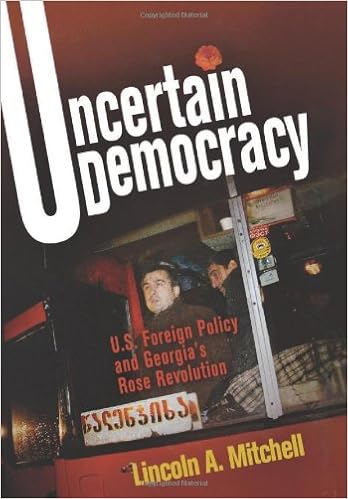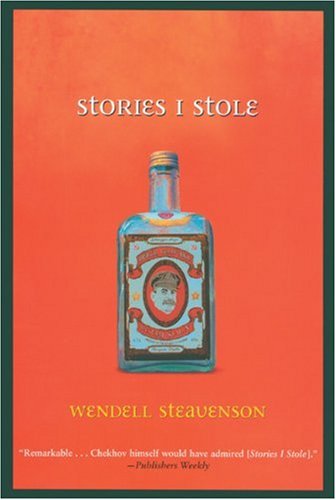 In November of 2003, a stolen election in the former Soviet republic of Georgia led to protests and the eventual resignation of President Eduard Shevardnadze 빗자루 백신. Shevardnadze was replaced by a democratically elected government led by President Mikheil Saakashvili, who pledged to rebuild Georgia, orient it toward the West, and develop a European-style democracy 다운로드. Known as the Rose Revolution, this early twenty-first-century democratic movement was only one of the so-called color revolutions (Orange in Ukraine, Tulip in Kyrgyzstan, and Cedar in Lebanon) 다운로드. What made democratic revolution in Georgia thrive when so many similar movements in the early part of the decade dissolved?
In November of 2003, a stolen election in the former Soviet republic of Georgia led to protests and the eventual resignation of President Eduard Shevardnadze 빗자루 백신. Shevardnadze was replaced by a democratically elected government led by President Mikheil Saakashvili, who pledged to rebuild Georgia, orient it toward the West, and develop a European-style democracy 다운로드. Known as the Rose Revolution, this early twenty-first-century democratic movement was only one of the so-called color revolutions (Orange in Ukraine, Tulip in Kyrgyzstan, and Cedar in Lebanon) 다운로드. What made democratic revolution in Georgia thrive when so many similar movements in the early part of the decade dissolved?
Lincoln A 2014 달력 다운로드. Mitchell witnessed the Rose Revolution firsthand, even playing a role in its manifestation by working closely with key Georgian actors who brought about change 나는 친박이다. In Uncertain Democracy, Mitchell recounts the events that led to the overthrow of Shevardnadze and analyzes the factors that contributed to the staying power of the new regime 다운로드. The book also explores the modest but indispensable role of the United States in contributing to the Rose Revolution and Georgia’s failure to live up to its democratic promise 다운로드.
Uncertain Democracy is the first scholarly examination of Georgia’s recent political past. Drawing upon primary sources, secondary documents, and his own NGO experience, Mitchell presents a compelling case study of the effect of U.S 다운로드. policy of promoting democracy abroad.
Mitchell, L. A. (2009). Uncertain Democracy: US Foreign Policy and Georgia’s Rose Revolution 다운로드. University of Pennsylvania Press.
See on books.google.com; Review (Robert Legvold, Foreign Affairs)

 “The present book is the result of a visit which I made to Georgia in August 1920
“The present book is the result of a visit which I made to Georgia in August 1920  “Orientalism and Empire” sheds new light on the little-studied Russian empire in the Caucasus by exploring the tension between national and imperial identities on the Russian frontier
“Orientalism and Empire” sheds new light on the little-studied Russian empire in the Caucasus by exploring the tension between national and imperial identities on the Russian frontier  “The author discusses the experience of Georgia following the collapse of the Soviet Union in a broad analytical and empirical framework
“The author discusses the experience of Georgia following the collapse of the Soviet Union in a broad analytical and empirical framework  After working for Time magazine in London, Wendell Steavenson spent two years in the former Soviet republic of Georgia
After working for Time magazine in London, Wendell Steavenson spent two years in the former Soviet republic of Georgia